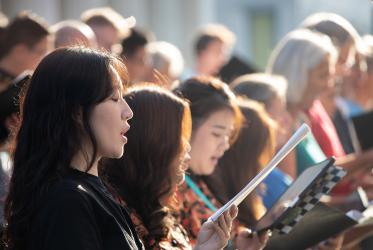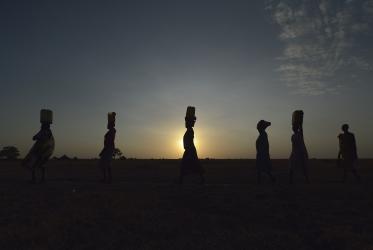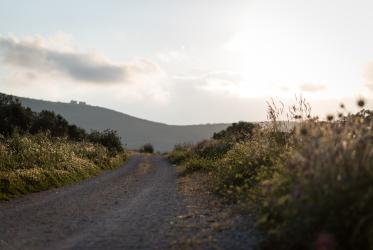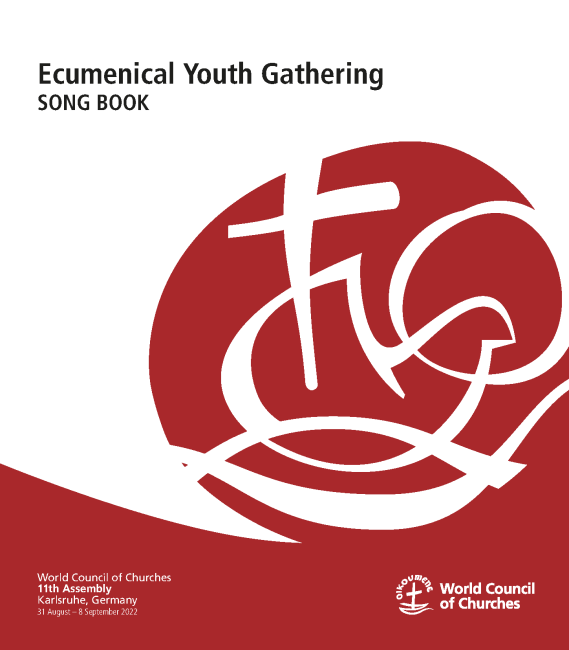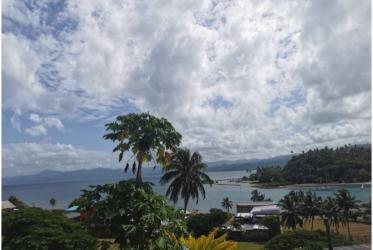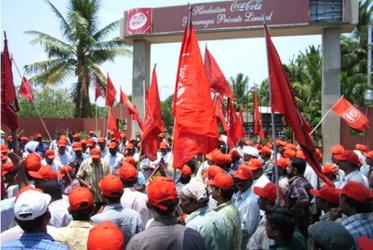Displaying 101 - 120 of 225
01 September 2022
Care for Creation: Decades of ecumenical advocacy
01 September 2022
“My hope is in you”—youth in the Holy Land carry the future
17 August 2022
Ecumenical Youth Gathering Songbook
14 August 2022
Ecumenical International Youth Day 2022 Event Toolkit
Indigenous Youth and Land Rights Activism
14 August 2022
Water and justice at the WCC 11th Assembly
20 July 2022
Called to Transformation - Ecumenical Diakonia
09 June 2022
Groundwater is “a political question”
27 April 2022
